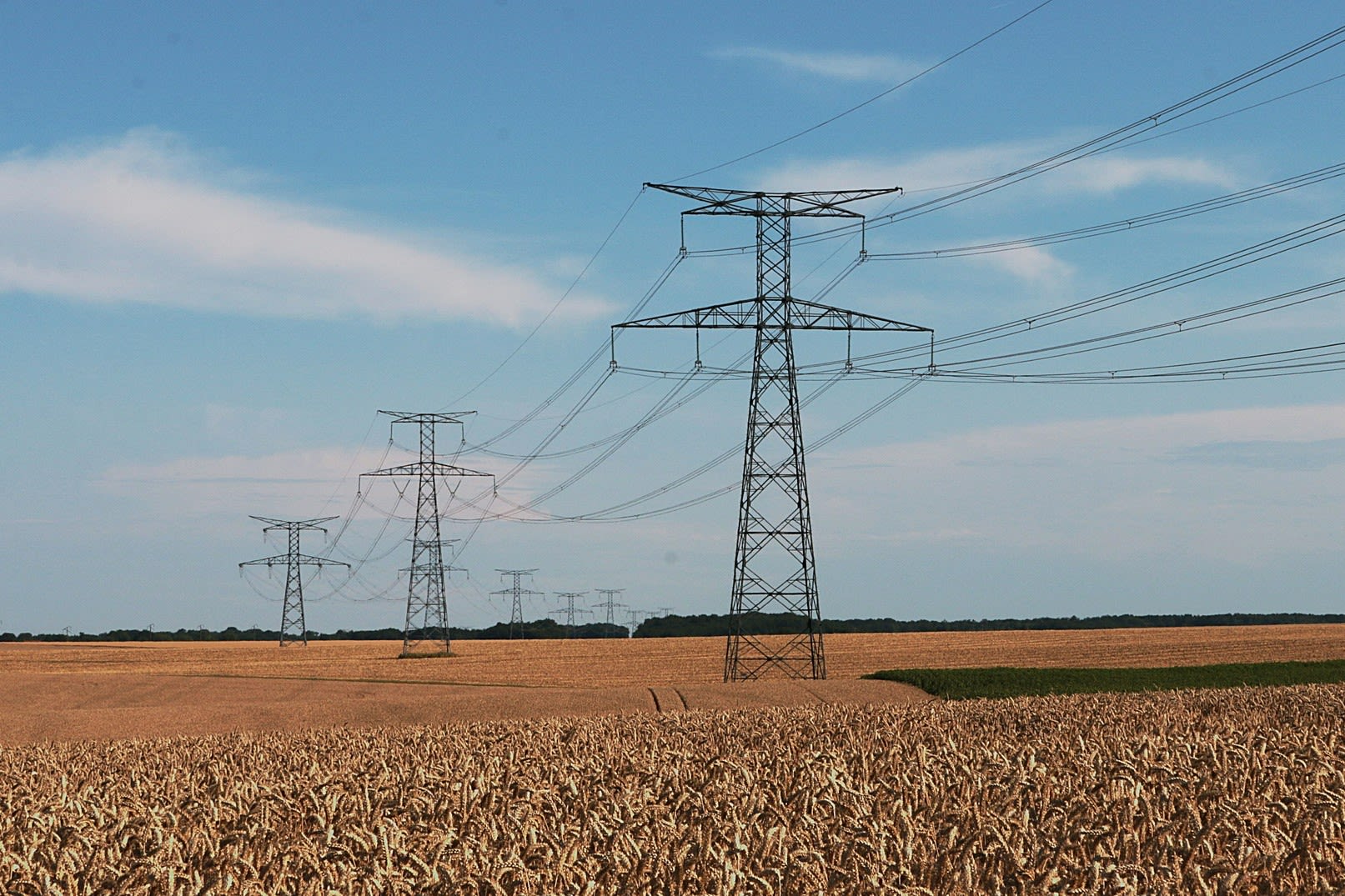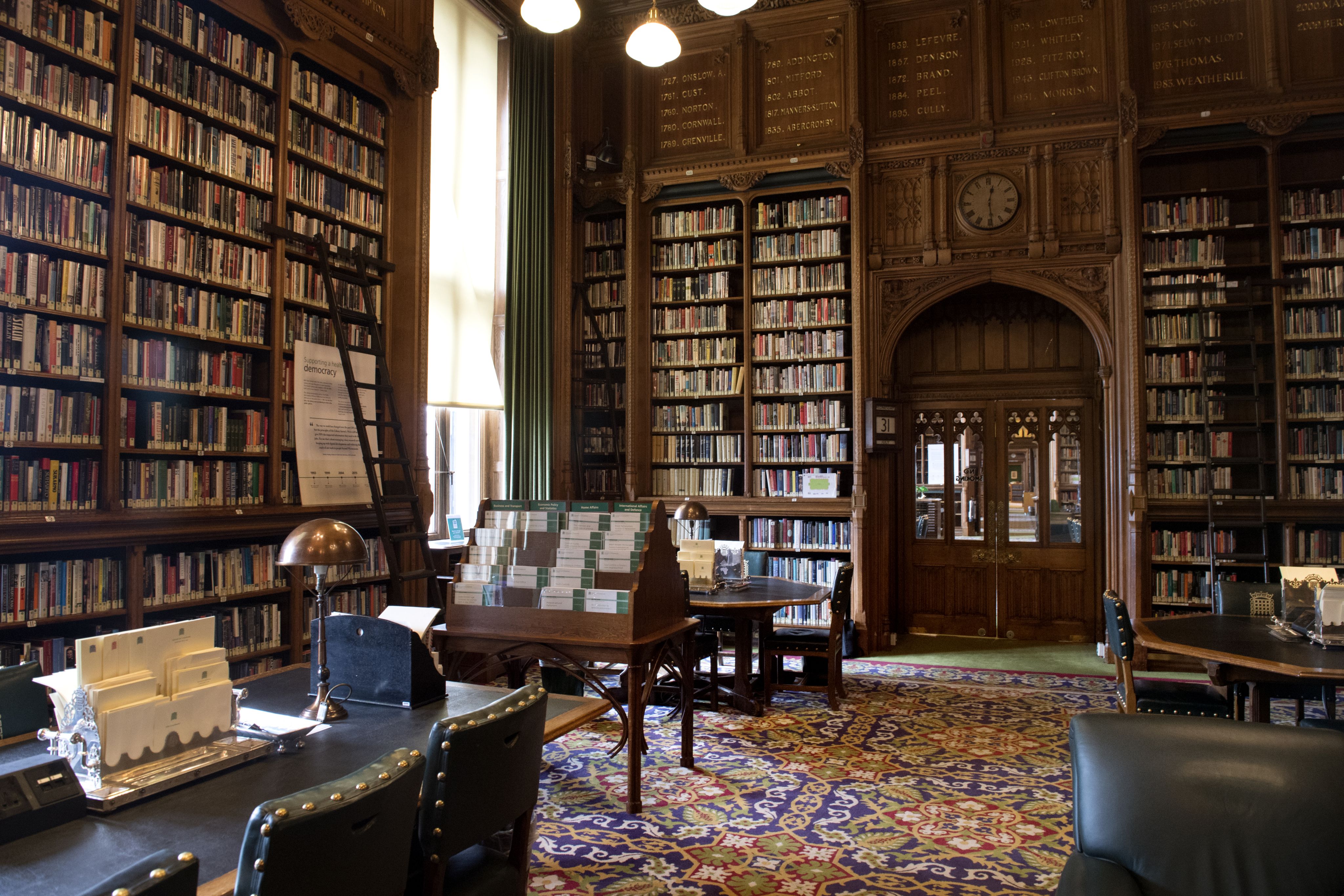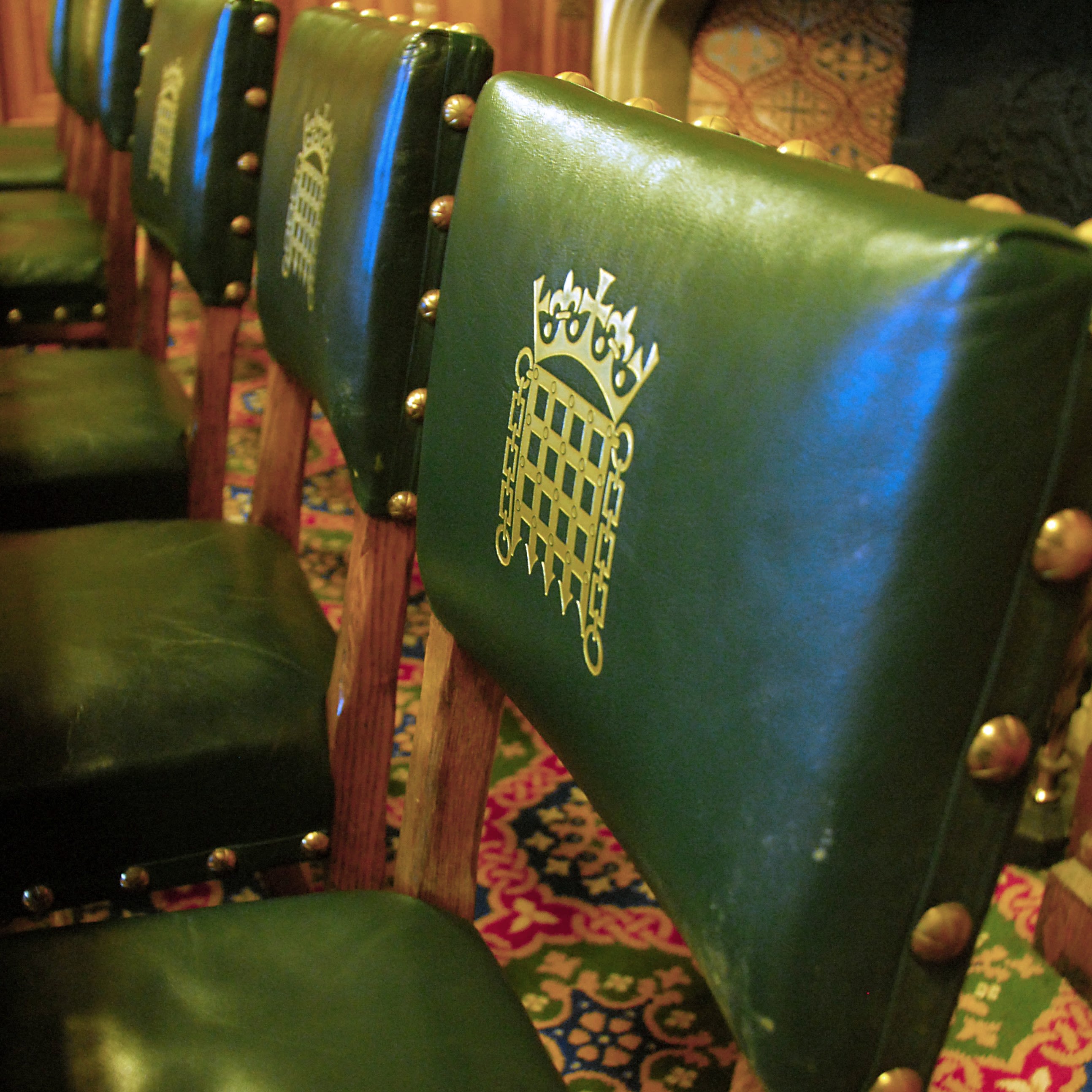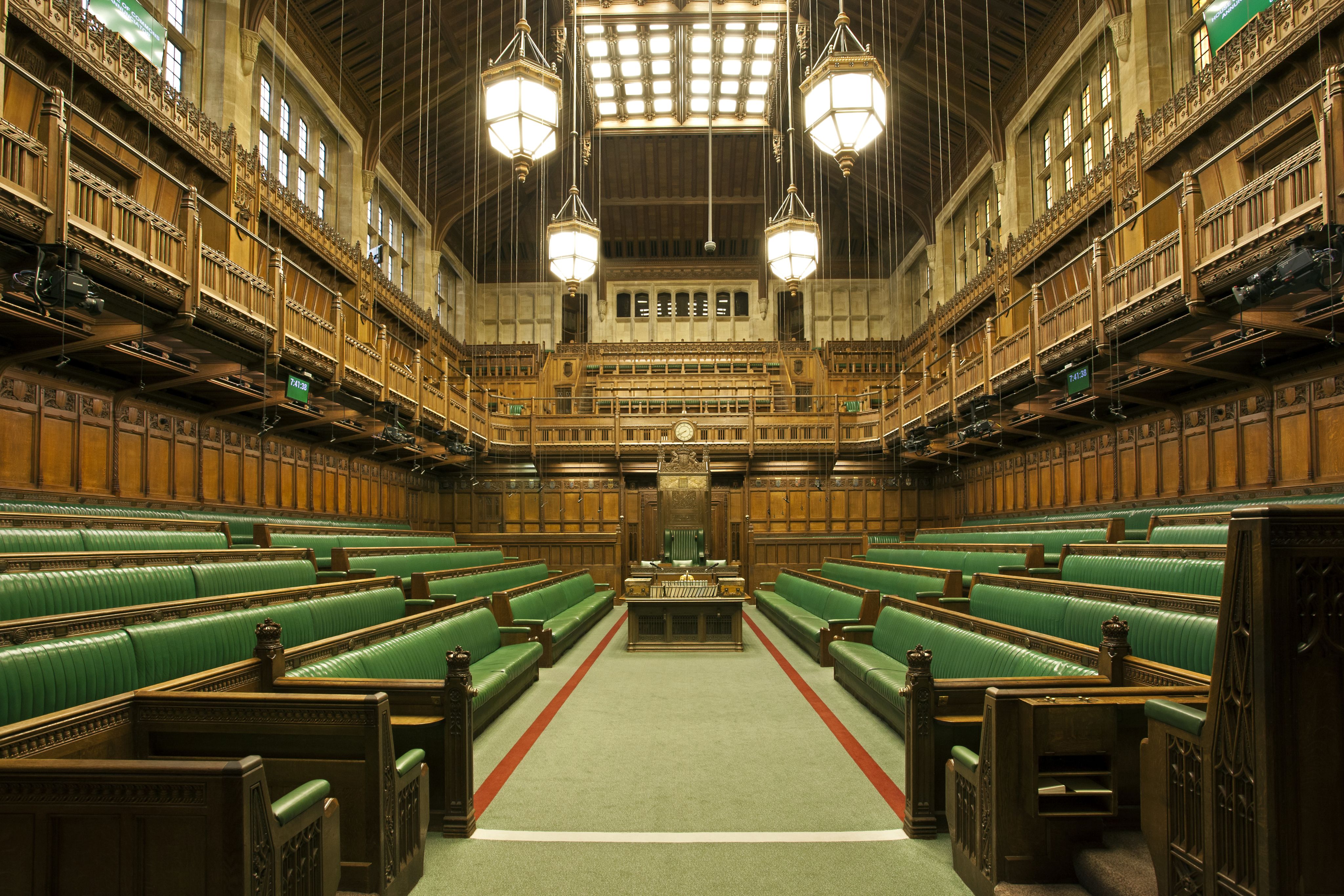New pylons in East Anglia
Westminster Hall debate
Sir Bernard Jenkin MP


If you contributed to this exercise, please give us your feedback:
The Government's response

Minister for Energy, Clean Growth and Climate Change, Greg Hands MP responded to the debate. He addressed the Government’s current position on the proposal for new pylons and issues raised in the debate.
Watch or read his full speech for details on a range of topics including:
- The British Energy Security Strategy, and the inclusion of offshore wind as part of that strategy
- Reforms proposed by the Government in the Energy Bill, which was introduced in the House of Lords on 6 July
House of Lords Library briefing: Energy Bill [HL]
- The Offshore Transmission Network Review
- The National Grid ESO’s Holistic Network Design, which includes details of the UK's onshore and offshore transmission infrastructure requirements
- The appointment of Nick Winser CBE as the first Electricity Networks Commissioner
- A new consultation on the National Policy Statement for Energy taking place later this year.
Research and publications
From the House of Commons Library


Select Committee inquiries

Select committees are small, cross-party groups of MPs or members of the Lords (or both) set up to investigate an issue. Their findings can influence future government decisions.
Select committees usually launch each new investigation with a call for evidence - this is an opportunity for anyone with an interest in the topic, or relevant experience, to send in their views.

How it works

What is a Westminster Hall Debate?
Westminster Hall debates take place in the Grand Committee Room in the House of Commons.
They give MPs an opportunity to raise local or national issues and receive a response from a government minister.
Debates in Westminster Hall take place on ‘general debate' motions expressed in neutral terms. These motions are worded ‘That this House has considered [a specific matter]'. Divisions (votes) cannot take place in Westminster Hall.
How Parliament works: Westminster Hall debates.
How your contributions are shared
In these exercises, members of the public who may have experience or understanding of the debate topic are invited to contribute.
These are passed on to the MP leading the debate, who may refer to them directly in their speeches.
You can see previous examples further down the page.
What happens next?
If you shared your email in the survey, we’ll send you an update after the debate with links to watch it, read the transcript, and information about the Government's response.

Search parliamentary materials
Find parliamentary activity on issues which interest you

- Search hansard.parliament.uk for debates, oral statements, oral questions and more.
- Search questions-statements.parliament.uk for written questions, answers and written statements.
- Search committees.parliament.uk for information on committees, their inquiries and publications.

Photo credit: UK Parliament / Jessica Taylor